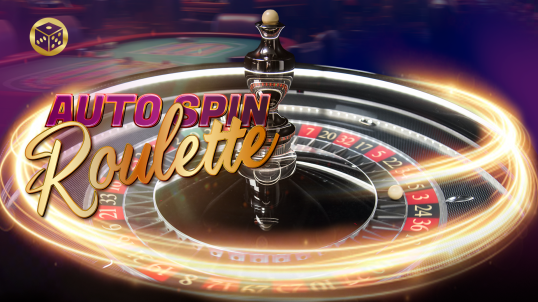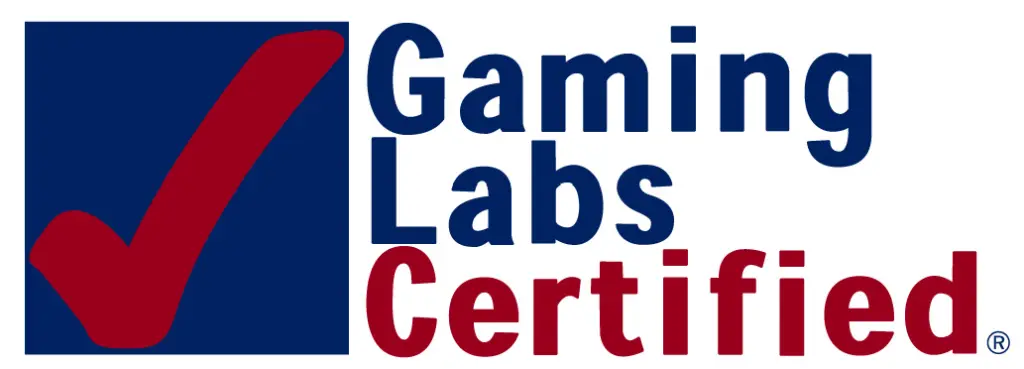The online gambling industry has boomed in recent years. New developments in technology have allowed online operators and providers to offer players far more engaging and enjoyable experiences, with better performance, more features, and improved visuals. However, for some players iGaming just doesn’t have the same magic as gambling in person does. It can seem slightly cold and automated, lacking the social aspect and sense of camaraderie you would expect at a real table. The rise of the live dealer casinos has promised to bridge this gap and offer these players an immersive, realistic gaming experience without forgoing the benefits of remote, digital technology.
However, like all types of gambling, live dealer casinos are subject to compliance rules and regulations. Let’s take a look at some of these in more detail.
What is a live dealer casino?
A live dealer casino is an online emulation of a real-life table game that is designed to offer players the most realistic and immersive possible gaming experience. Live dealer casinos will feature a real-life dealer operating a casino game, much like you’d see in a real casino. Blackjack and roulette are the most commonly seen live dealer games, but the format is branching out into other games including baccarat, sic bo and teen patti.
These games are streamed live to an audience of remote players who can place wagers just as if they were physically sitting at the table. Live dealer games also offer social interaction opportunities, with players able to communicate with the dealer and other players at the table.
While live dealer casinos will obviously need approval from the relevant authorities to run, they are also subject to numerous rules and regulations regarding their particular operation as well.
Casino Equipment
Live dealer casinos operate in an area somewhere between online gambling and traditional casinos, and as a result they are expected to comply with regulatory requirements from both sectors.
Much like their physical counterparts, live dealer casinos make use of casino gaming equipment such as cards and roulette wheels. Rules set out by the Gambling Commission in the UK stipulate that this casino equipment must be of commercial quality and should undergo regular integrity monitoring by a dedicated team of staff. This monitoring can include fair operation checks such as how cards are shuffled, or roulette wheels spun.
Gambling machines, equipment and consumables must be installed correctly and stored in secure areas to prevent any unauthorized person from gaining access to it.
Staff Training
Another characteristic that live dealer casinos share with physical casinos and one that sets them apart from other types of online gambling is the use of live members of staff to operate their games.
Staff, including dealers and croupiers, must undergo extensive training to ensure they are operating gaming machines fairly and in accordance with game rules and established regulatory procedures. Evidence of initial and ongoing training should be recorded for posterity.
Furthermore, there should be procedures in place whereby live casino staff can observe dealers and croupiers as they operate gaming tables to guarantee integrity and fair play. Live casinos must have video surveillance systems in place to record dealer activity and ensure everything is above board.
Software Integrity
Where live dealer casinos differ from their traditional counterparts is through the use of software to facilitate their games and allow for player interaction.
This software must be secure and adhere to fair play standards at all times. It must be able to read game outcomes accurately and efficiently before performing functions such as wager acceptance and player payouts. Live dealer casino software is regularly audited to ensure it is performing correctly and providing a fair gaming experience for players.
Identity Verification
All online gambling businesses, including live dealer casinos, are required to verify the identity of players before allowing them to place bets. This is done to confirm that players are of the legal gambling age and to check whether that player has self-excluded in the past.
Processes for verifying identity are becoming more sophisticated and can usually be done instantly. We’re seeing an increase in the use of biometric verification methods such as facial or fingerprint recognition technology.
Performance Monitoring
Generally, performance monitoring is used for random number generation (RNG) software to ensure it is performing correctly and fairly. However, regulators maintain that performance monitoring is still useful for live dealer casinos and that they should be measuring and logging results distribution or time to check for acceptable levels of randomness.
Conclusion
Live dealer casinos are becoming more and more popular with players, as they realise the unique benefits they can offer over other forms of online gambling. However, they toe a fine line between the physical and virtual gambling sectors and, as such, are subject to a raft of compliance measures from both sides of the industry. What this means for the player is a guaranteed fair and safe gaming experience. To learn more about compliance issues, contact us today.
















